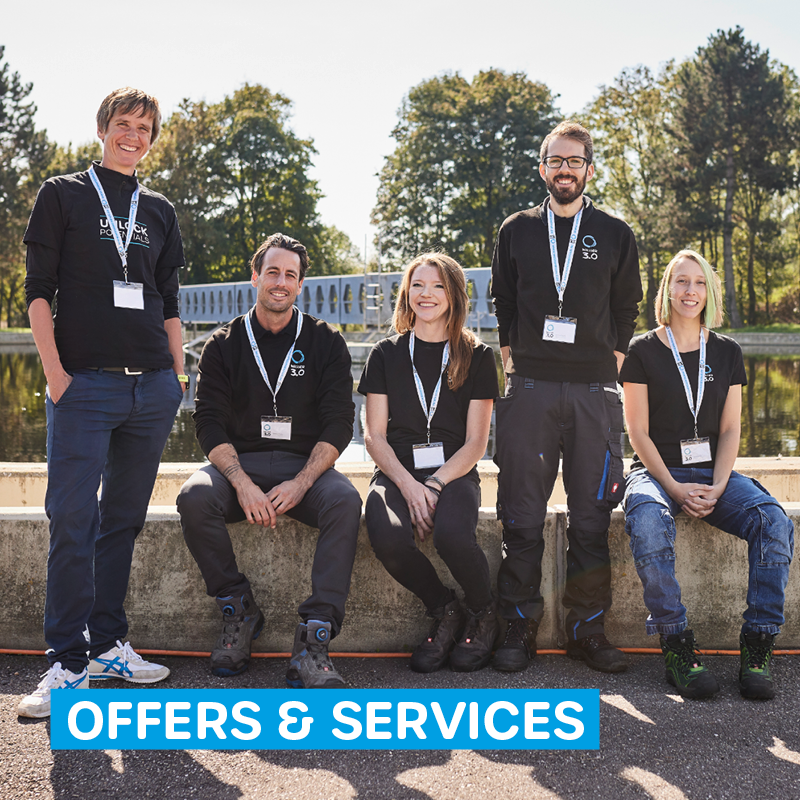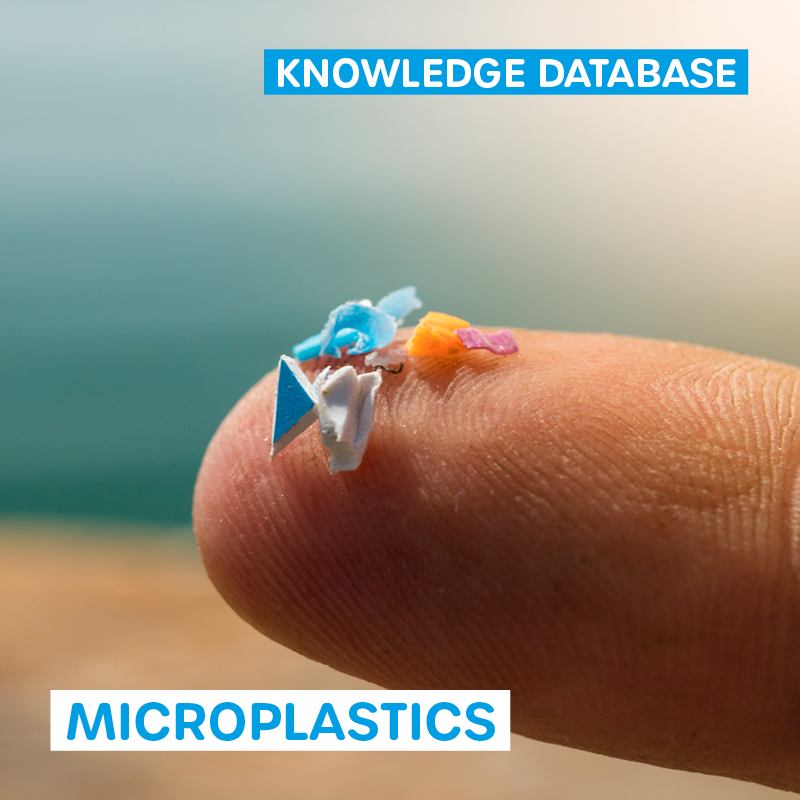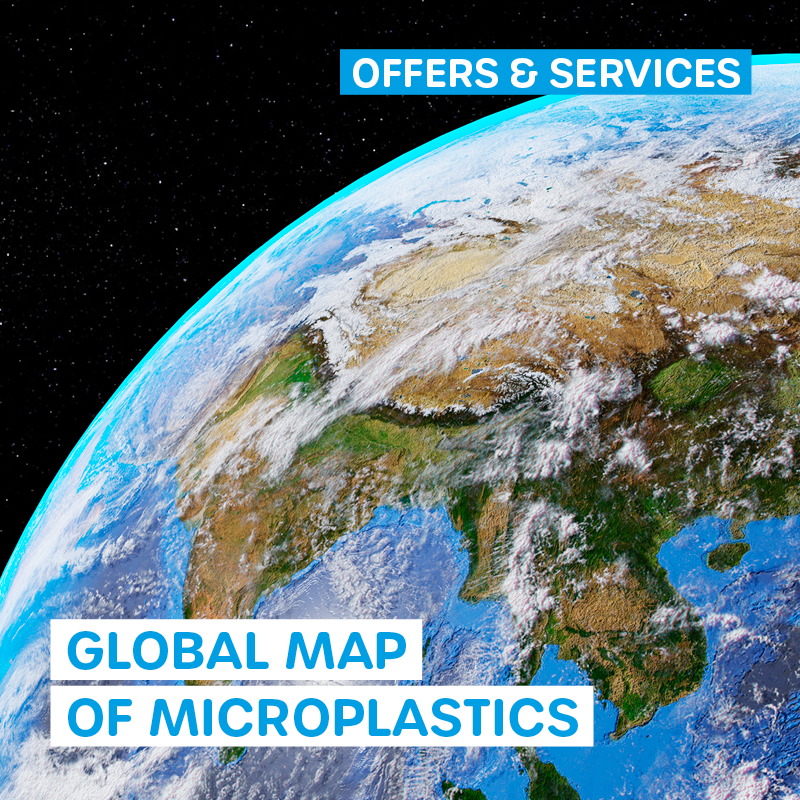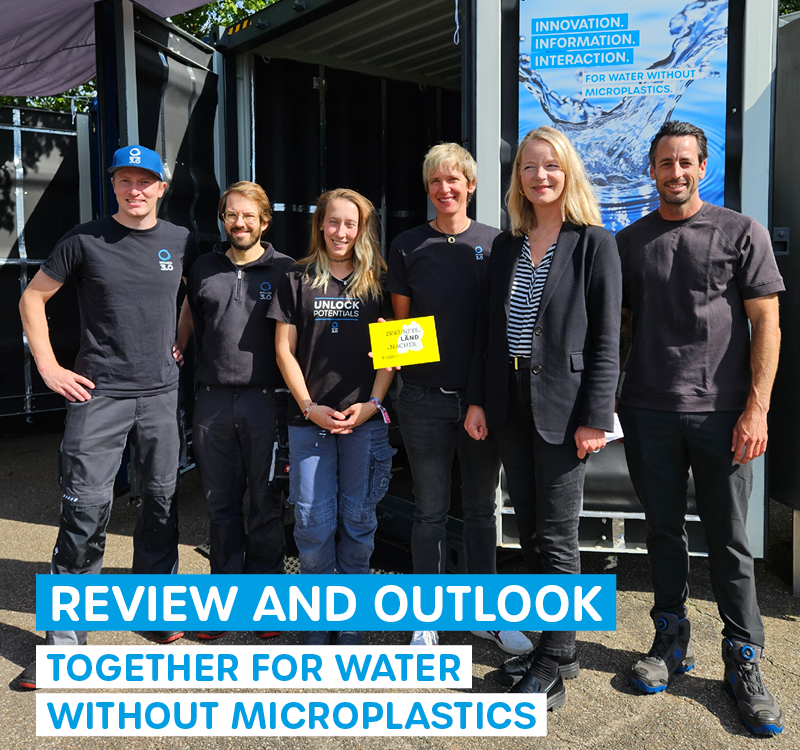
Feasibility studies and innovation transfer
(Waste)water treatment in the field of microplastics raises questions for which there are (still) no (simple and quick) answers.
Feasibility studies and in-house testing with our rental model plants are therefore a useful first step to address open and future clean water challenges.
Our goals are stable, resource-efficient, and low-tech based processes with a positive impact on both people and the environment.
These answers are provided by a feasibility study or in-house tests.
In addition to the technical feasibility, other aspects of the project’s success are scrutinized. These include:
- What goals do you want to achieve?
- Which legal signposts must be observed?
- Which stakeholders need to be involved?
- Which UN Sustainable Development Goals will the project address and what contribution will it make?
- What ESG impact will be achieved with the implementation?
- Which resources (financial, human, and material) are required?
A feasibility study or in-house tests provide you with the necessary data and facts to make decisions: Practical and within a short time.
Results of our feasibility studies
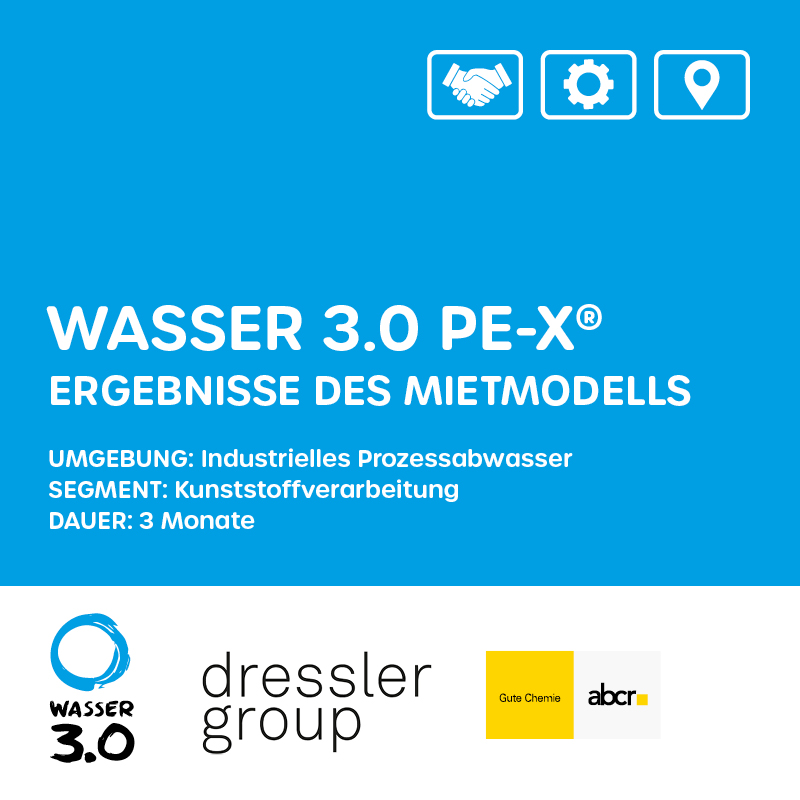
Further information
More news in our blog
28. January 2026
Microplastics are everywhere—in the air we breathe, the water we drink, and the food we eat. But instead of resigning ourselves to this fact, we can take action. With our new guide, we show you eleven concrete measures you can take to significantly reduce your exposure to microplastics.
24. December 2025
What a year! 63 blog posts, 5 publications, 3 awards, and over 200 volunteers participating in our river sampling. In addition, we removed more than 1 ton of microplastics in our feasibility studies. Learn about what we achieved in 2025 and what major projects are planned for 2026. Read now!
9. December 2025
Water-soluble doesn't mean invisible! Our new UPSTREAM publication shows for the first time how Polyvinyl Alcohol in wastewater can be detected and removed by 99%. A breakthrough for clean water – from the lab to implementation.

